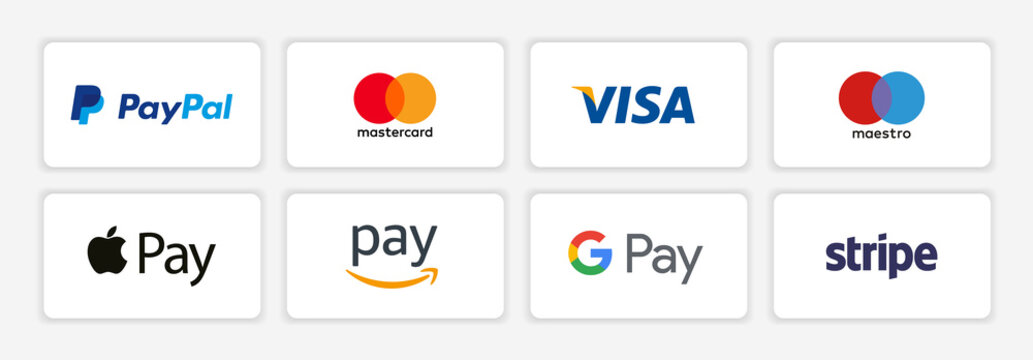In the ever-changing landscape of marketing, perhaps no transformation has been as profound as the shift from traditional to digital methods. As technology continues to revolutionize how we communicate, consume information, and make purchasing decisions, businesses must adapt their marketing strategies to stay relevant and competitive. Let’s explore the evolution of digital marketing, from its humble beginnings to the sophisticated tactics employed today.
-
The Rise of Traditional Marketing
Not too long ago, traditional marketing channels such as television, radio, print media, and billboards reigned supreme. While these methods were effective in reaching mass audiences, they lacked the targeting precision and measurability that modern marketers crave. Businesses relied on broad messaging and hoped for the best in terms of ROI.
-
The Advent of Digital Marketing
The emergence of the internet and the proliferation of digital technologies sparked a revolution in marketing. Suddenly, businesses had access to a vast array of digital channels through which to promote their products and services. Email marketing, banner ads, and early search engine optimization (SEO) techniques paved the way for a new era of marketing.
-
The Era of Social Media
The dawn of social media platforms like Facebook, Twitter, and LinkedIn ushered in a new paradigm of communication and marketing. Brands now had the opportunity to engage directly with their audience in real-time, fostering relationships and building brand loyalty like never before. Social media marketing became an essential component of any digital strategy.
-
The Age of Content Marketing
As consumers became increasingly adept at tuning out traditional advertising messages, businesses turned to content marketing as a way to provide value and build trust with their audience. Blogging, video content, podcasts, and social media posts became powerful tools for attracting, educating, and converting prospects into customers.
-
The Mobile Revolution
With the widespread adoption of smartphones and tablets, marketers were presented with a new challenge and opportunity: mobile marketing. Mobile-responsive websites, app development, SMS marketing, and location-based targeting became essential tactics for reaching consumers on the go.
-
The Era of Data and Analytics
Perhaps the most significant evolution in digital marketing has been the emphasis on data-driven decision-making. Advanced analytics tools now allow marketers to track and measure every aspect of their campaigns, from website traffic and conversion rates to customer demographics and behavior. This data-driven approach enables marketers to optimize their strategies for maximum effectiveness and ROI.
-
The Future of Digital Marketing
Looking ahead, the future of digital marketing promises even more innovation and disruption. Emerging technologies such as artificial intelligence, augmented reality, and voice search will continue to shape how brands connect with consumers. Personalization, automation, and sustainability will also be key trends driving the evolution of digital marketing in the years to come.
In conclusion, the evolution of digital marketing has been nothing short of extraordinary. From its roots in traditional advertising to the sophisticated strategies of today, digital marketing has transformed the way businesses engage with their audience and drive results. By embracing innovation and staying ahead of the curve, marketers can continue to thrive in an ever-evolving digital landscape.




